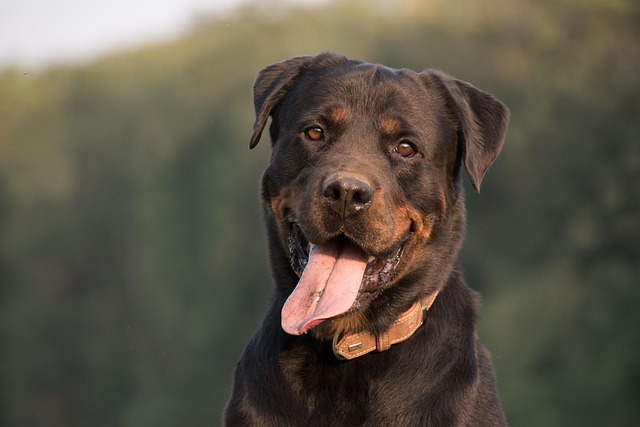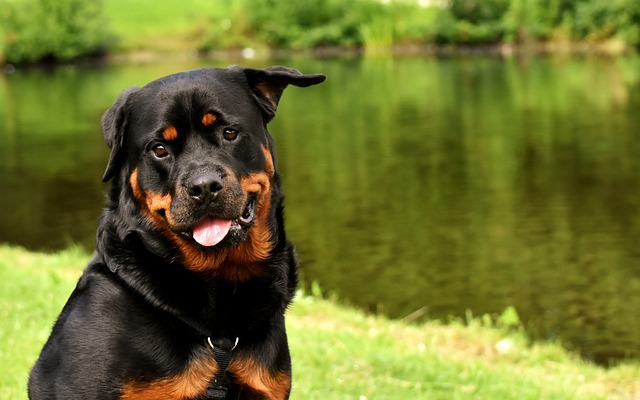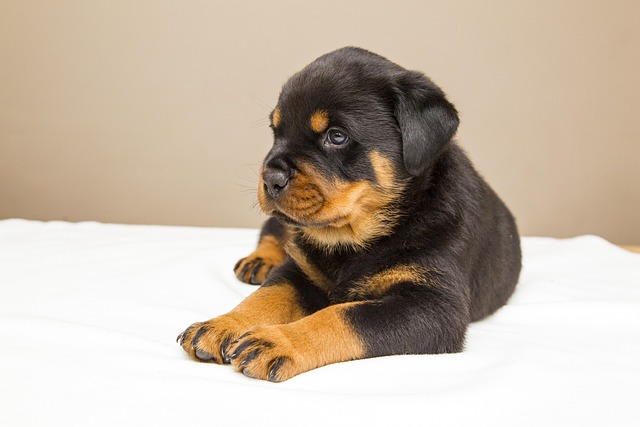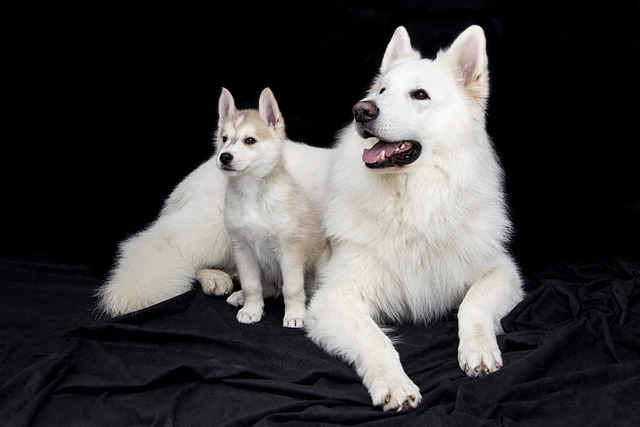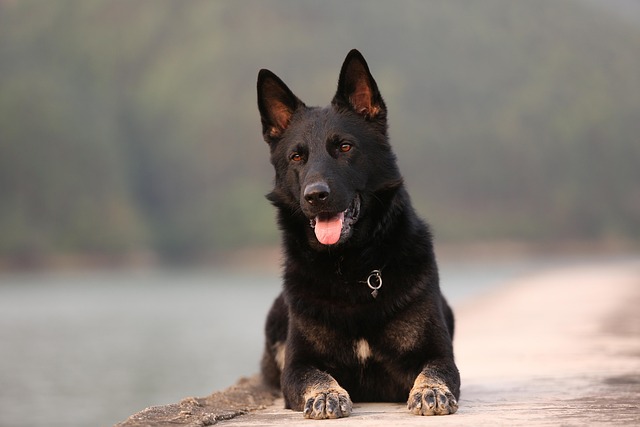When new puppy parents ask, “What is the hardest puppy stage?” veteran trainers almost always point to the 4–6 month mark—the “adolescence” phase that turns your sweet 8-week-old into a curious, sometimes stubborn little rebel. It’s when the “puppy blues” often hit hardest, whether you’re navigating a tiny San Francisco apartment or a sprawling Texas backyard. This stage blends physical changes, newfound independence, and testing boundaries, making daily life feel like a series of mini challenges.
Science explains why this phase stings: puppies hit a developmental growth spurt here, with their brains prioritizing exploration over obedience. Their teeth are falling out, replaced by sharp adult teeth, driving an insatiable need to chew—your favorite sneakers, the couch corners, even that expensive rug you splurged on. Hormones start shifting too, making them more likely to dart after squirrels mid-walk or ignore your “come” command in favor of investigating a neighbor’s garbage can. A Portland vet I know calls it “the ‘why not?’ phase”—they’re learning cause and effect, and sometimes that means testing what happens when they break the rules.
The key to surviving this stage lies in channeling that energy, not fighting it. Instead of scolding when they chew the wrong thing (never, ever hit or yell—it damages trust), offer legal alternatives: frozen Kongs stuffed with peanut butter, durable nylon bones, or puzzle toys that keep their brains busy. Consistency matters more than perfection. A Chicago family I worked with set a “chew schedule,” rotating toys hourly and praising crazy when their Lab mix chose the toy over the coffee table legs—by week three, accidents dropped by 70%. Keep training sessions short (5 minutes max) but frequent, focusing on “leave it” and “stay” using tiny hot dog pieces as rewards—positive reinforcement sticks better than frustration.
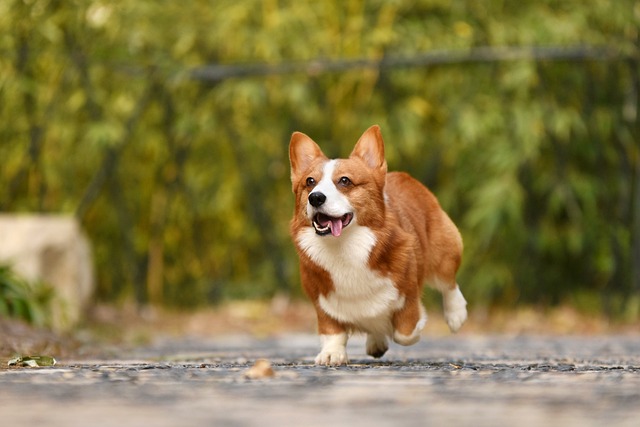
Legally and culturally, this stage demands extra awareness. Most states require rabies vaccines by 4 months, so check your local laws—no skipping those vet visits, as fines can hit $500 in some counties. When taking your increasingly energetic pup out, always carry poop bags (those $200 fines in Denver for leaving messes aren’t jokes). In apartments, their newfound vocalization (think excited barking at delivery trucks) needs gentle redirection—try a “quiet” cue paired with treats, never yelling which only amps them up. And on walks, remember: even if your pup seems friendly, always ask other dog owners, “Is your dog okay with puppies?” before letting them interact—it’s common courtesy in tight-knit communities.
This phase feels endless, but it passes faster than you think. Stay patient, keep rewarding the good behavior, and remember: that stubborn streak now? It’s the same intelligence that’ll make them your loyal adventure buddy later.
